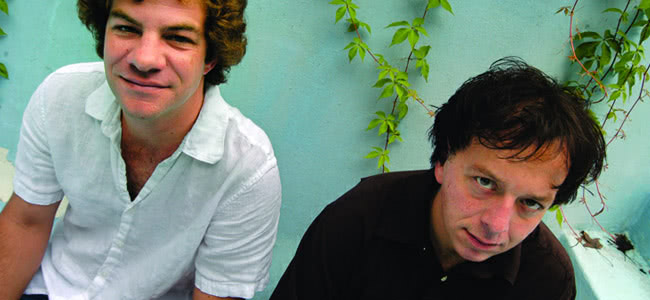Gene Ween, the man born Aaron Freeman, has dropped a minor bombshell in a recent interview with Rolling Stone that’s he’s “retiring Gene Ween,” and subsequently, also breaking up the genre-hopping US band.
“It’s time to move on,” Freeman told Rolling Stone in an exclusive interivew, “I’m retiring Gene Ween.” When asked if this mean the end of the band that Freeman formed in high school with fellow muso Mickey Melchiondo (aka Dean Ween), Freeman responded, “pretty much, yeah. It’s been a long time, 25 years. It was a good run.”
A question mark has been hovering over Ween’s survival as Freeman had stretching further into new musical areas, while Rolling Stone also cites an onstage argument at a show in Vancouver last year as indication of cracks within the band. Also noting “the singer spent several weeks in an Arizona rehab facility battling substance abuse issues.”
It’s been five years since the band’s last studio effort, 2007’s La Cucaracha, and recently they’ve even scaled back they’re usually comprehensive touring schedule.
Freeman noted in the same interview that the decision to break up the band had been in his mind for around eight years. “For me it’s a closed book,” he reflects, “in life sometimes, in the universe, you have to close some doors to have others open.”
The man formerly known as Gene Ween stressed that the decision was not down to bad blood within the band or ‘artistic differences,“There’s no, ‘Goddamn that such and such!’ For me, I’d like to think it’s a door I can close finally,” says Freeman.
Freeman, who released his first solo record earlier this year in Marvelous Clouds, will be continuing to play and tour on his own.
Ween were originally formed as duo in Philadelphia in the mid-eighties, consisting of the then-14-year-old Freeman and childhood friend Mickey Melchiondo. They reached mainstream exposure in the early nineties for their kooky 1992 hit “Push Th’ Little Daisies, before going on to refine their left-field take on indie rock for their mid-nineties releases on Elektra; including 1994’s Chocolate & Cheese.



































